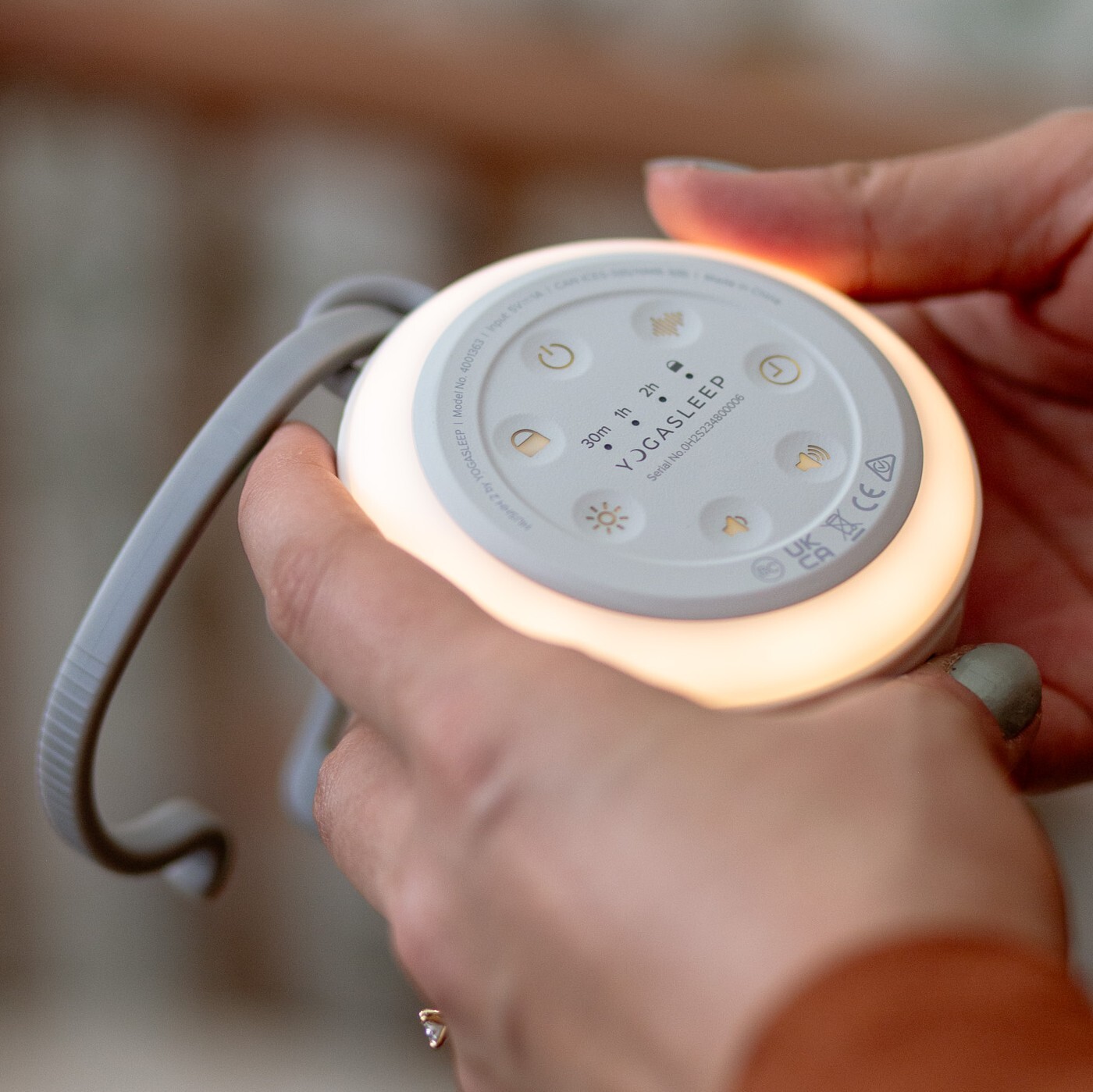We started The Sleep Store to help parents with their baby’s sleep, way back almost 9 years ago. As parents ourselves, we knew how desperately tired you could become with a baby or two. And how terribly stressful a crying baby could be, particularly for first time parents. We were, and still are, also driven by helping parents to get enough sleep to function well and stay healthy, both physically and mentally.
So it’s very interesting for me to read an article from Time Magazine on the serious impact of sleep loss and a potential link between sleep deprivation and brain damage. Mothers in particular have long talked about ‘baby brain’ or felt groggy and exhausted as a result of lack of sleep. I know of lots of mothers driving feeling very impaired from exhaustion and I recently read 5% of Americans have reported falling asleep while driving. But until now it has been assumed that most negative impacts of sleep deprivation quickly come right once you start sleeping well.
There are some people who believe being a mother means you sign away the right to a decent sleep, that needing sleep is selfish and you should happily try to survive on minimal sleep for years rather than encourage your children to sleep better. Others offer unhelpful advice such as ‘sleep when your baby sleeps’ or suggest you take the exhausting approach of just waiting till your child decides to sleep through, even if it means you are getting only a couple of hours sleep a night for years.
But this article brings something new to the discussion – it discusses new research on a link between sleep loss and the loss of neurons, ie lack of sleep can cause brain damage. And this is important. You can’t fob off lost neurons as you don’t get them back.
“A Penn Medicine study shows disturbing evidence that chronic sleep loss may be more serious than previously thought and may even lead to irreversible physical damage to and loss of brain cells”
“While more research will be needed to settle these questions, the present study provides another confirmation of a rapidly growing scientific consensus: sleep is more important than was previously believed. In the past, Veasey observes, “No one really thought that the brain could be irreversibly injured from sleep loss.” It’s now clear that it can be”.
So have a think about your situation:
-
Are you getting enough sleep?
-
If not, is there anything you can do to help improve your sleep?
Some suggestions from me, as a mother myself, to you are:
-
Turn your phone, computer or ipad off at least 15 mins before you sleep, so your brain has a chance to wind down. Yes put that phone down! And don’t pick it up during the night, ever!
-
Have a pen & paper by your bed to record any last minute ideas or worries, so you can deal with them in the morning. It’s impossible to fall asleep when you are trying not to forget something! Big things, and little things, can play on your mind and make sleep illusive.
-
Invest in the right pillow and the right bed. If you are not comfortable or are waking in pain, something needs to change. Using a slightly higher pillow and a firmer bed made a massive difference after years of neck & lower back pain for me. Generally adults need to replace their mattress every 10 years.
-
Go to bed at a decent time! Who cares if your housework isn’t done, what posts you might miss on Facebook or who scored best this week on some reality show?? In the scheme of things, these are not important but your health is. Go to bed at a decent time, relax with a book and get an extra hour or two of sleep.
-
Help your children to sleep better. While we all know that a newborn needs frequent attention during the night, have a look at ALL your family and how often you are up to them during the night. How old are your children now and do they still need you many times a night, every night? Are there some changes you could make, however slowly and gently, to encourage everyone to sleep better? How much better would you all feel if you were well rested?
-
Never feel guilty about your own need for sleep. It’s essential for your own health, and for the future health of your brain!
If you need some help to improve your family’s sleep, we are here for you! Often small changes to how you do things can make a huge difference to how well your children sleep. We can help you identify what you can change and a plan that works for your family.
And changes can be made slowly and gently, working towards the end goal of your whole family getting the sleep they need, including YOU. Better sleep doesn’t come at a cost, but there can be a cost of continuing on completely inadequate sleep.
By Louise at The Sleep Store





















